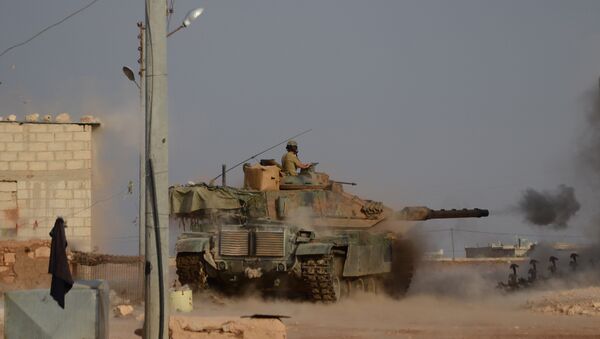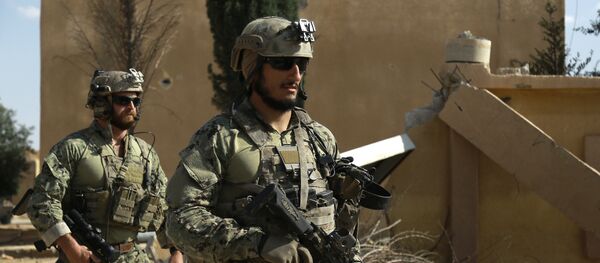Last week, the International Centre for the Study of Radicalization and Political Violence (ICSR) released a report on Daesh finances. Although it is hard to determine how much the group has earned since it became a household name in mid-2014, estimates suggest that the organization's revenues have dropped sharply.
"In the years since 2014, [Daesh's] annual revenue has more than halved: from up to $1.9b in 2014 to a maximum of $870m in 2016. There are no signs yet that the group has created significant new funding streams that would make up for recent losses. With current trends continuing, the [Daesh's] 'business model' will soon fail," the analysts said.
According to the latest estimates provided by IHS Markit, Daesh lost 15 percent of its territory in 2015 and 23 percent in 2016. The terrorist organization is also expected to lose the Iraqi city of Mosul, one of its main strongholds. IHS Markit suggested that Iraqi security forces assisted by the US-led coalition, Kurdish fighters and the Popular Mobilization Units could retake the second largest city in the country before July.
In an article for Sputnik, political analyst Gevorg Mirzayan observed that it would be premature to talk about Daesh's demise at the moment since the group has "enough resources to fight in Iraq and Syria for months, if not years."
Mirzayan further said that the group does not need to earn much to carry out terrorist acts in the West.
"High-profile attacks in Paris cost several thousand euros, not millions. The budget of the assault in Nice was even lower. This is why even if Daesh is destroyed in Iraq and Syria, it will transform itself into a network-based organization which will continue to present a threat to the West. The victory over Daesh could be achieved by targeting ideology rather than finances and territory," he suggested.
Never miss a story again — sign up to our Telegram channel and we'll keep you up to speed!





